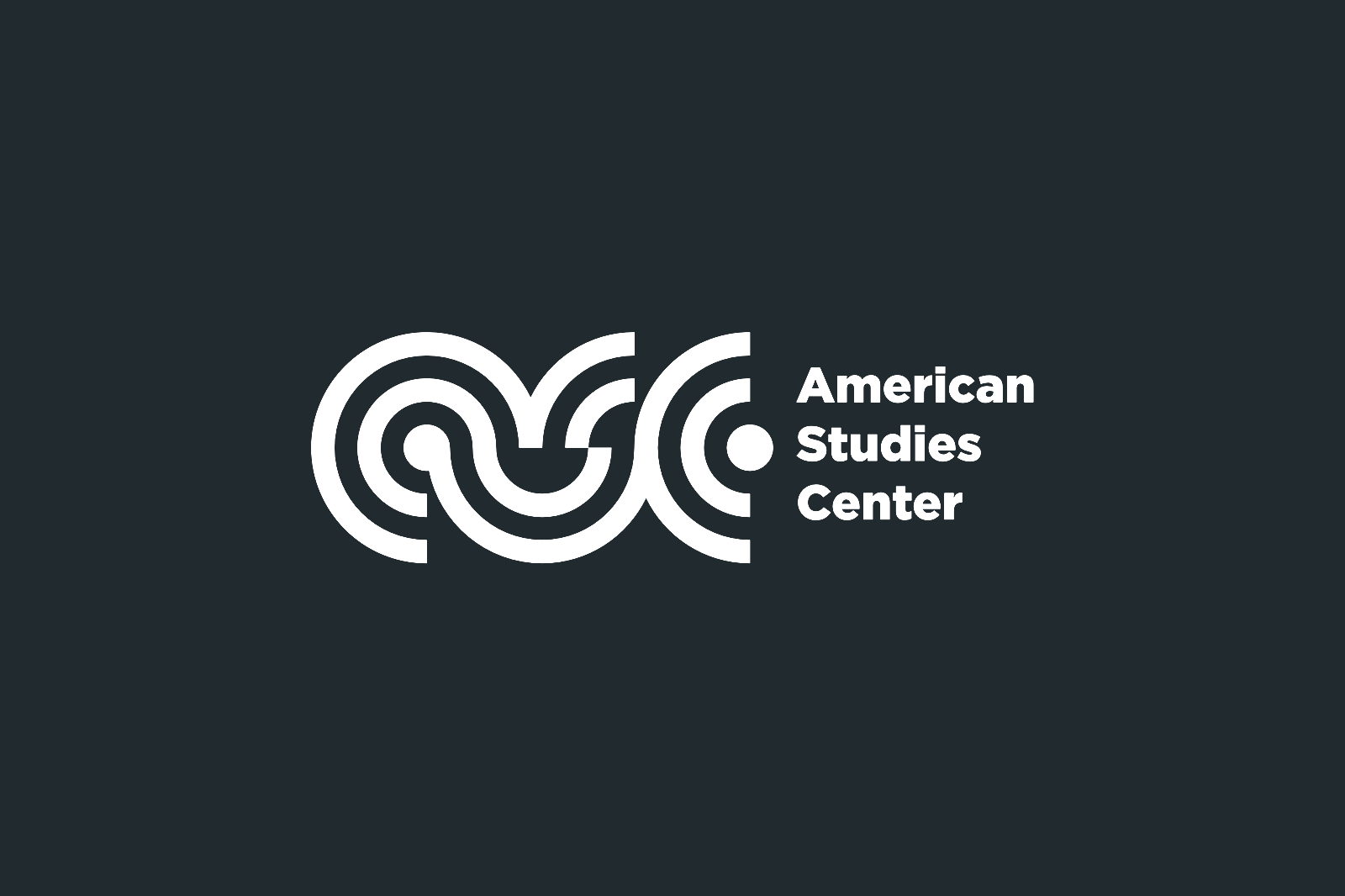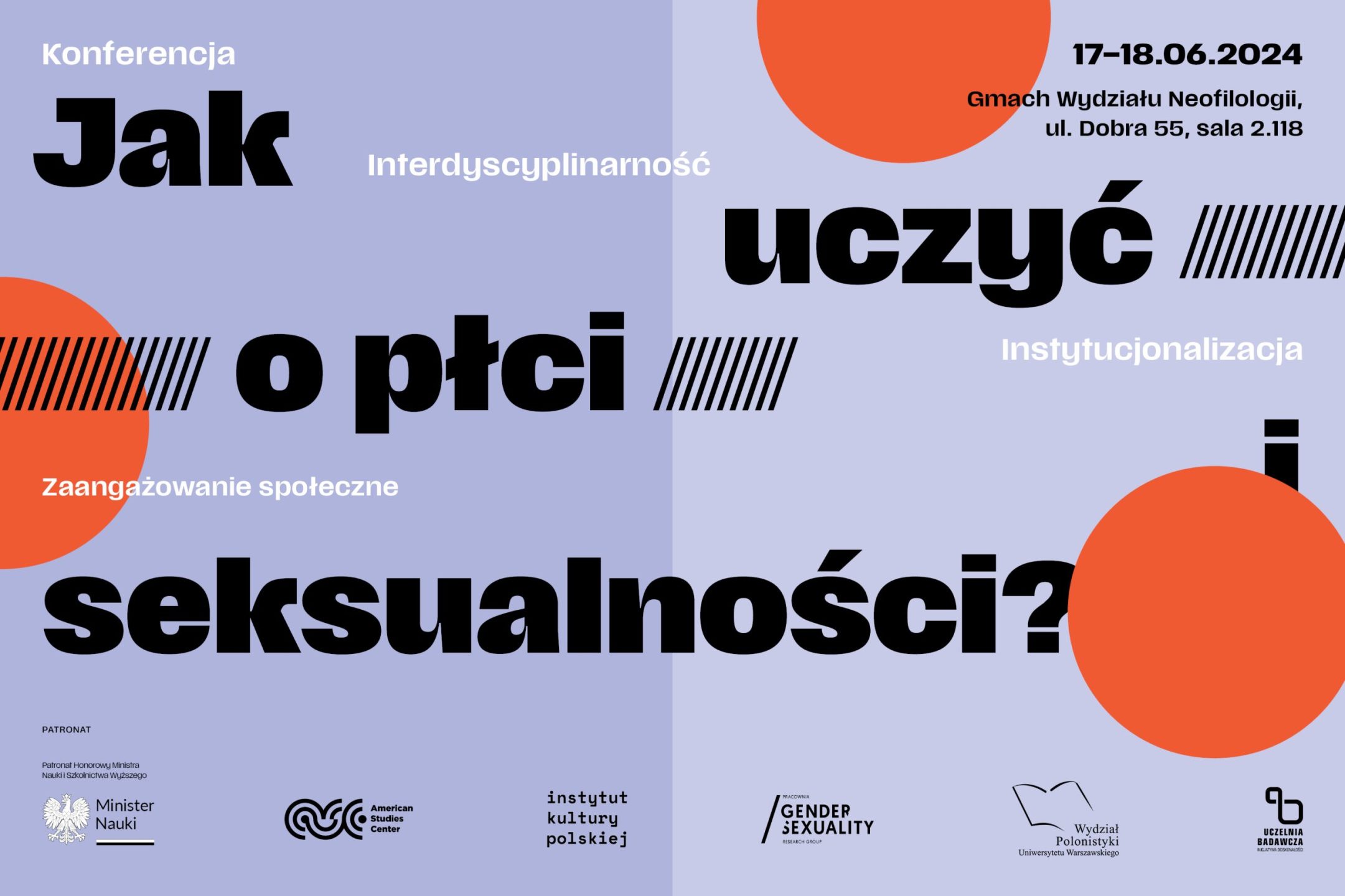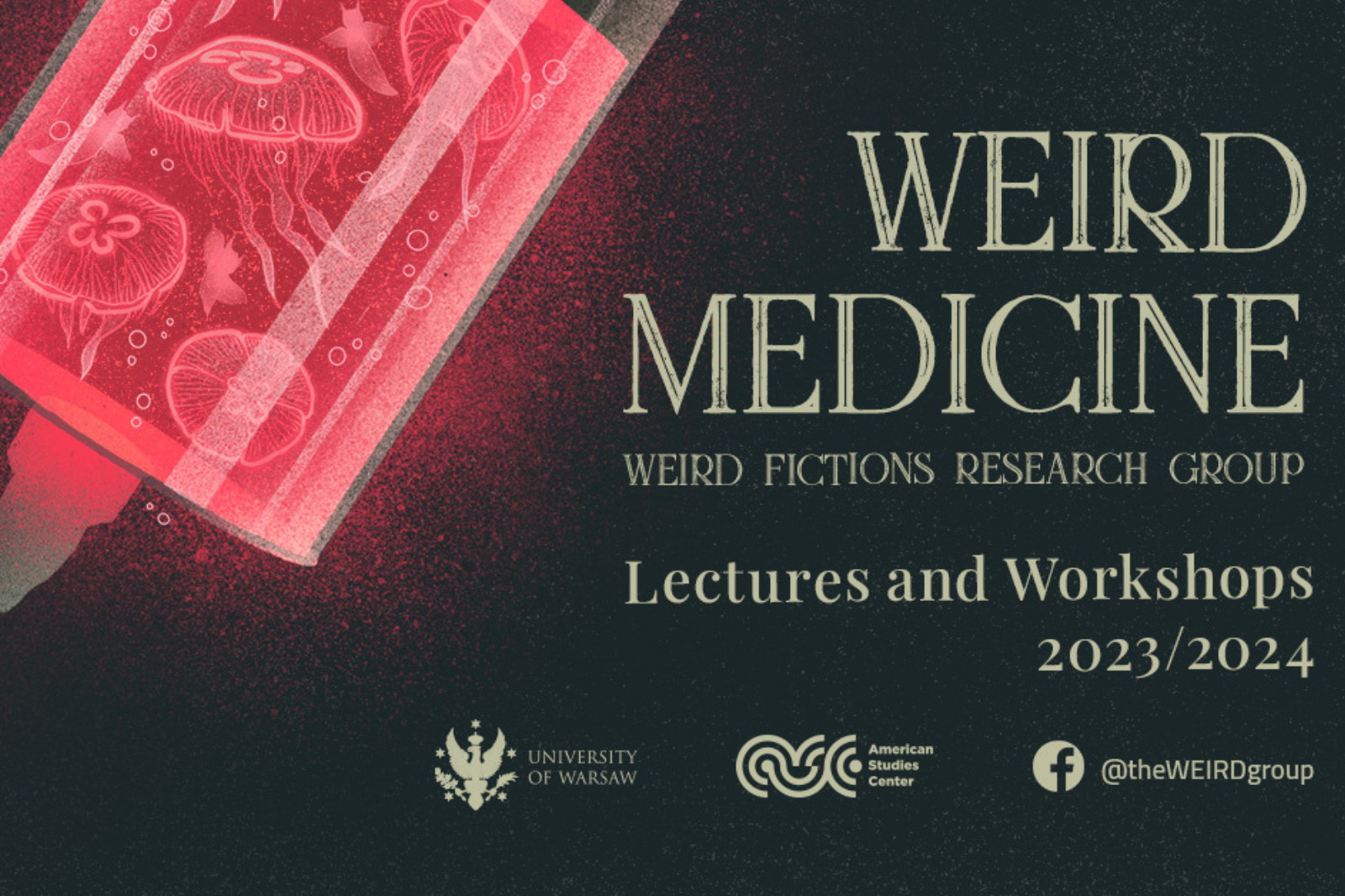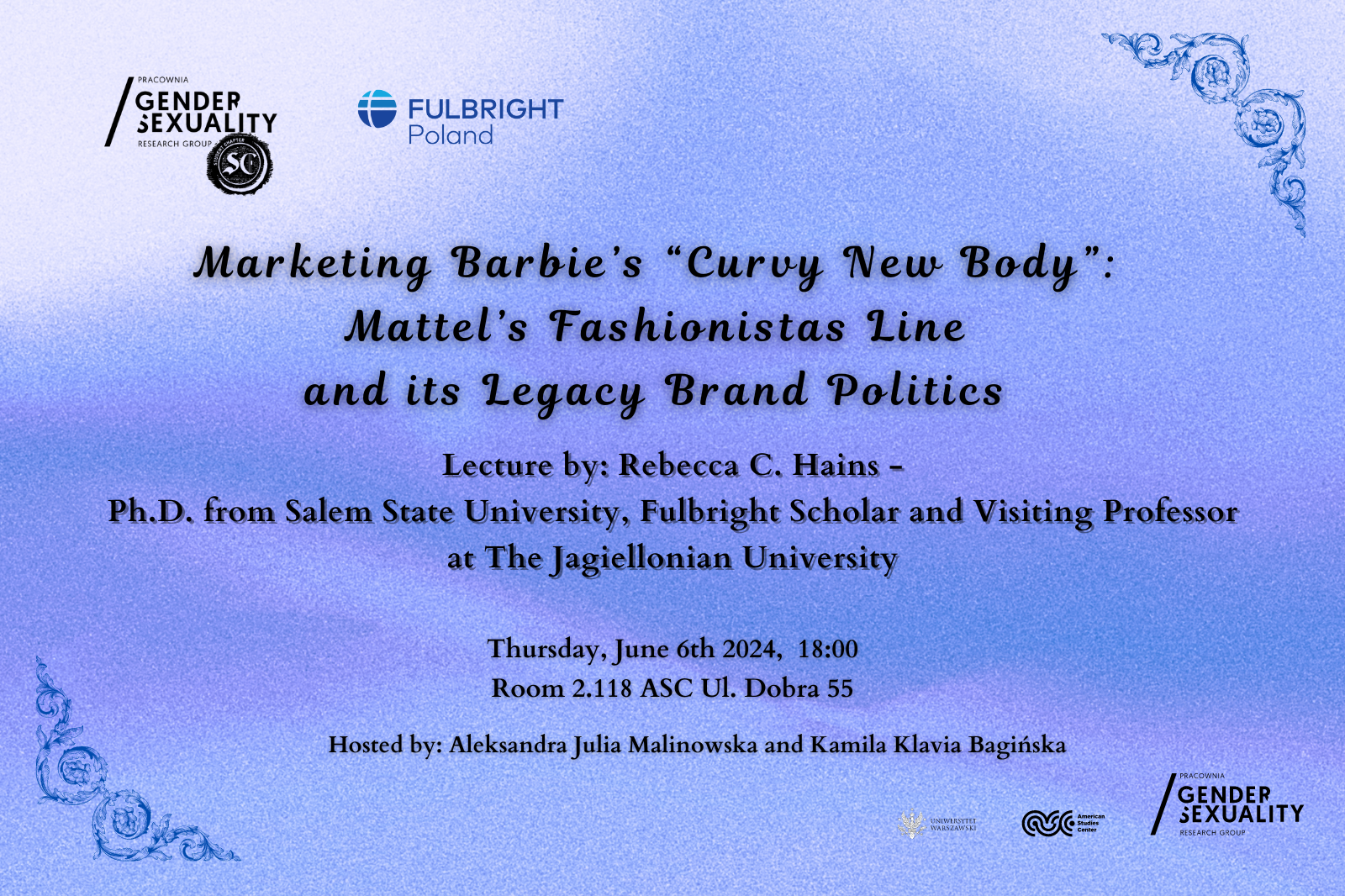ASC’s own Paweł Frelik is a member of the consortium that has won a prestigious Horizon Europe grant! Funded by the European Union and UK Research and Innovation, STRATEGIES — Sustainable Transition for Europe’s Game Industries — is a Horizon Europe funded project that supports Europe’s game industries in realizing their potential as drivers of sustainable innovation, contributing to achieving the goals of the European Green Deal and delivering an economy that works for people. The grant is co-led by Utrecht University (as Coordinator) and Manchester Metropolitan University and will run from February 2024 to January 2028. Prof. Frelik co-leads a work package focused on game design for sustainability.
More information can be found at https://www.strategieshorizon.eu/
Consider following the project on X (https://twitter.com/Strategies2024)
and LinkedIn (https://www.linkedin.com/company/strategies-horizon/?viewAsMember=true)




